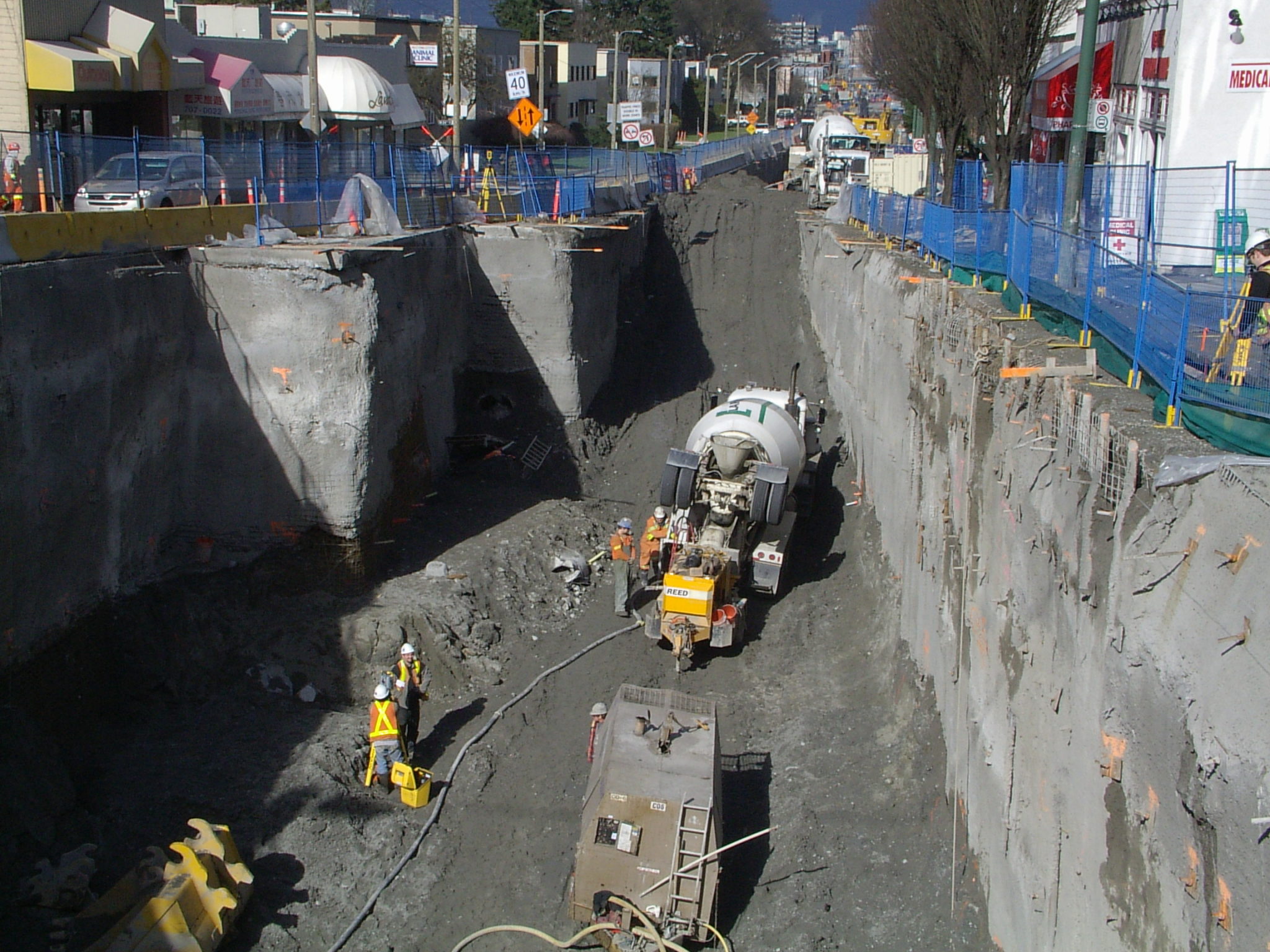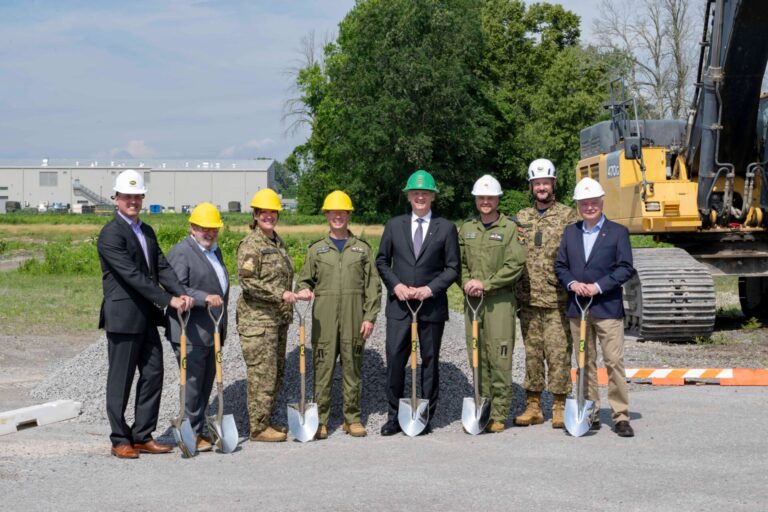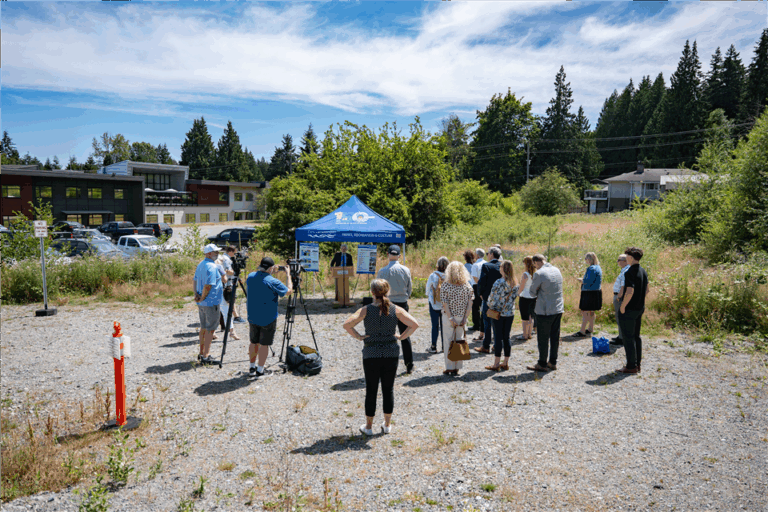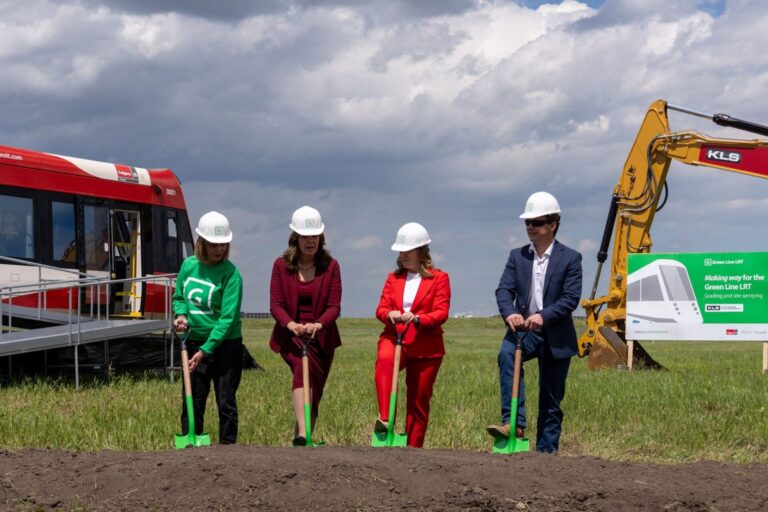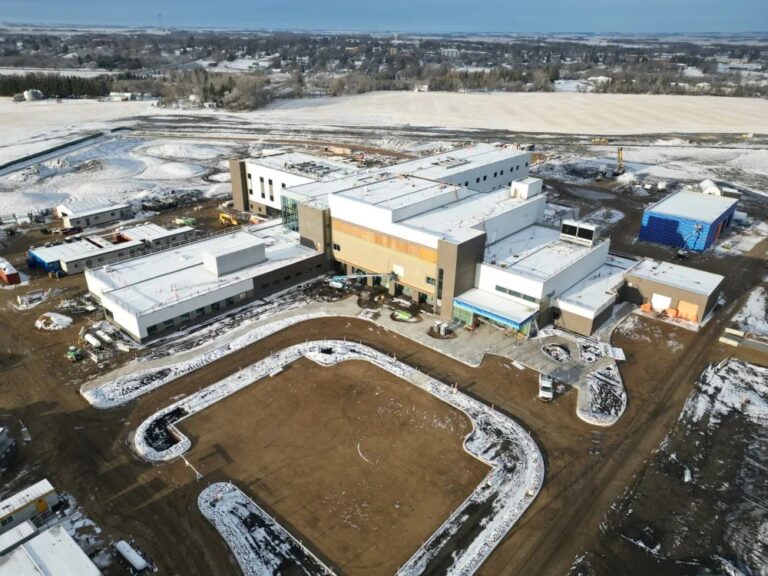Municipal election night in Ontario saw races throughout the province fought over future investments in community infrastructure. Most of province’s largest cities, including Toronto, Hamilton, and London to name a few, saw infrastructure rise to the forefront of debate during the 2018 campaign.
In the Greater Toronto Area, the fight over transit and transportation priorities was almost derailed by the Ford government’s decision to reduce Toronto’s ward structure from 47 to 25. But both frontrunners, incumbent Mayor John Tory and former chief planner Jennifer Keesmaat, continued to push transit issues into the spotlight, as well as debating the $23-billion Gardiner Expressway rehabilitation plan.
Third infrastructure election in 18 years
In 2000, it was the Red Hill Creek Expressway. In 2010, it was the future site of the Pan-Am Stadium. And in 2018, it was the LRT.
In Hamilton, incumbent Mayor Fred Eisenberger continued to push the positive impacts of building the $1-billion light rail transit (LRT) system. The mayor’s top challenger, businessman Vito Sgro, is a staunch objector to the plan, suggesting the community would be better served by using the provincial dollars on other infrastructure projects throughout the community.
In the end, the pro-LRT campaign helped carry Eisenberger to re-election, defeating Sgro by around 20,000 votes.
Just 90 minutes down the highway, the $500-million London bus rapid transit (BRT) system was a centerpiece of municipal debate. However, in London’s case, frontrunners for the mayor’s chair were in agreement that the BRT is not a project that they support. All eyes instead of focused on the makeup of the rest of council, seeing if enough new blood will be elected in order to have enough votes to stop the BRT plans approved by the previous council.
London became the first major city in Ontario to use a ranked ballot system for its municipal election. Because of this, the majority of the races were not expected to be announced until around noon the following day. When the dust finally settled, former Conservative MP Ed Holder was named the new mayor, a strong anti-BRT advocate. As for the rest of council, there is a 7-7 split amongst pro and anti BRT support with Councillor Josh Morgan expected to continue to declare a conflict of interest due to his employment at Western University (one of the key locations that could benefit from the BRT).
Toronto over early, Tory re-elected
It didn’t take long for John Tory to again be elected as the Mayor of Toronto. Within 25 minutes of polls closing, Tory was declared as the winner, defeating Keesmaat by nearly 40 per cent of the overall vote. With Tory in office, expect Toronto to stay the course on its current transit plans. That includes the Downtown Relief Line, which officially received its environmental assessment approval with just a few days remaining in the campaign.
Speaking of Toronto, most of the 25 wards saw incumbents elected, so Tory will have familiar faces surrounding him in council chambers. One familiar face who will not be there is Giorgio Mammoliti, who fell to Anthony Perruzza in Ward 7 Humber River-Black Creek. Mammoliti had often clashed with Tory’s transit plans during the previous term on council.
Two former Liberal cabinet ministers with ties to infrastructure failed in their attempts to get elected. The first provincial Minister of Infrastructure, David Caplan, was defeated by former Deputy Mayor Denzil Minnan-Wong in the riding of Don Valley East. In Toronto Cente, former Minister of Health George Smitherman lost to Kristyn Wong-Tam.
Brampton shocker
Former Ontario Progressive Conservative Party Leader Patrick Brown pulled off the most high-profile upset of the evening, defeating incumbent Linda Jeffrey to become the new Mayor of Brampton. Transit was a key issue of the Brampton campaign, with Jeffrey focusing on local transit solutions including ZUM/BRT expansion, while Brown suggested the need to push for all-day, two-way GO Train service. You may also recall that Brown was seen as pro-infrastructure development during his tenure as PC Leader, so it is expected that he will make it a priority as mayor in Brampton.
Other races of note
Here’s a look at some of the other races in Ontario were infrastructure was a key issue, or where a familiar face from provincial or federal politics had an impact.
- In St. Thomas, former Conservative MP Joe Preston was elected mayor. Preston had served as the Member of Parliament for the riding of Elgin–Middlesex–London from 2014 to 2015.
- Former Liberal cabinet minister Bill Mauro, who represented the riding of Thunder Bay–Atikokan from 2003 to 2018, was elected as the new mayor of Thunder Bay. Mauro was the Minister of Municipal Affairs before June’s election, and had also served as Minister of Natural Resources and Forestry from 2014-2016.
- Former Minister of Transportation Kathryn McGarry soundly defeated incumbent Doug Craig to become the new mayor of Cambridge. She campaigned, in part, on the need to review the city’s asset management plan and ensure a long-term plan is in place to properly replace the community’s aging road and bridge infrastructure.
- Jim Watson cruised to his third term as Mayor of Ottawa. Watson secured over 71 per cent of the vote, more than three times his closest competitor.
- Berry Vrbanovic was re-elected as Mayor of Kitchener. Vrbanovic captured more than 85 per cent of the vote.
- Former Ontario Construction Secretariat CEO Sean Strickland was re-elected as a Regional Councillor for the City of Waterloo.
- As stated earlier, Ed Holder was elected as the new Mayor of London. Holder was a Conservative MP representing the riding of London West from 2008 to 2015.
- Karen Redman was elected as the Region of Waterloo chair. Redman served as the MP for Kitchener Centre from 1997-2008, and was chief government whip in the House of Commons in the 2004-05 parliament.
A clear picture?
With the dust now settled on the 2018 Ontario municipal election, the infrastructure industry should have a clear understanding of municipal priorities moving forward. And with the potential exception of London, those projects already on the books look likely to move forward as planned.

